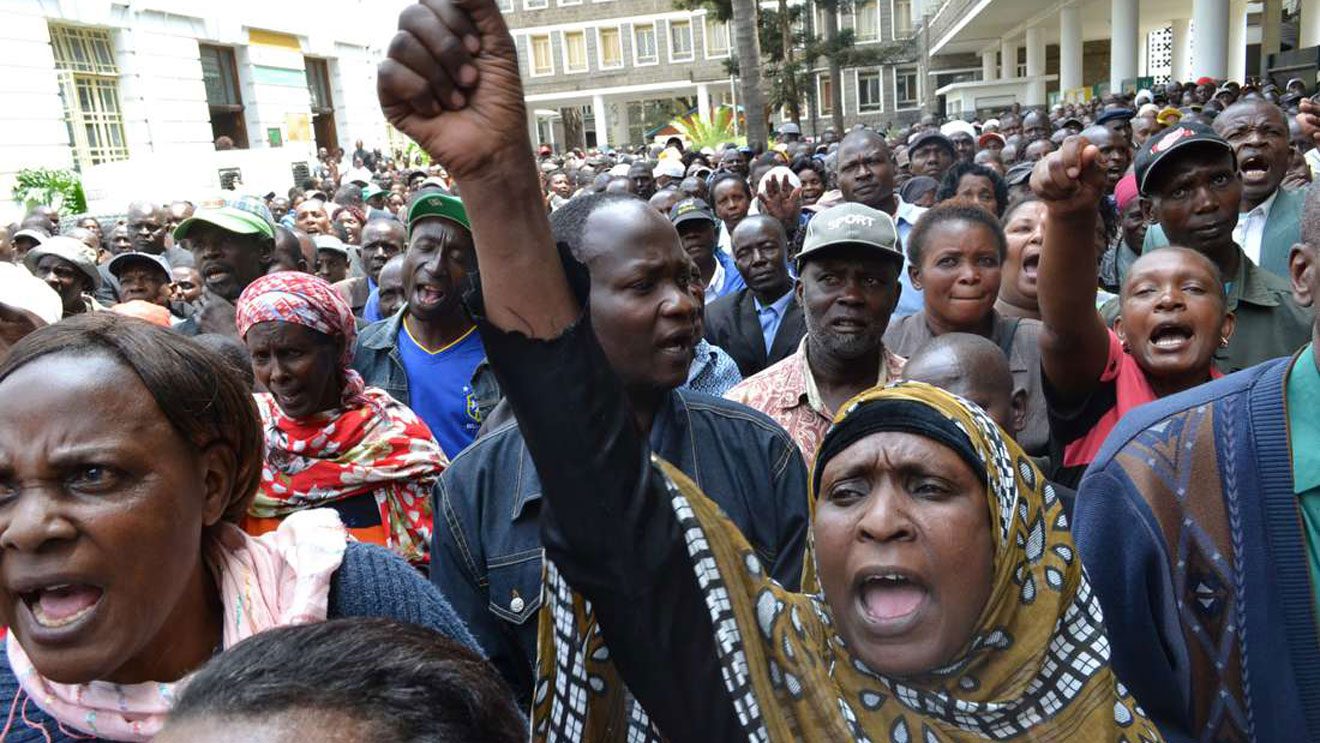
A major legal battle is looming over who should control bursary funds in Kenya after Chief Justice Martha Koome constituted a three-judge bench to hear a petition challenging the role of county governments in financing learners.
The bench comprising Justices Hedwig Ong’udi, Julius Nangea and Samwel Mohochi will sit in Nakuru to determine whether counties have acted outside their constitutional powers by issuing bursaries to secondary school and university students.
The matter reached the Chief Justice following a referral by Justice Mohochi, who earlier observed that the controversy raises weighty constitutional issues that cut across all 47 counties.
The case was lodged by Nakuru-based activist Laban Omusundi, alongside the Katiba Institute, who are asking the court to order that all bursary programmes be consolidated under the national government.
Through lawyer Henry Gichana, the petitioners contend that devolved units have no legal authority to channel bursaries to institutions beyond early childhood education and vocational training centres areas specifically assigned to county governments under the Constitution.
They argue that county bursary programmes have evolved into parallel schemes that lack uniform eligibility criteria, resulting in duplication, politicisation and unequal access.
According to the petition, the absence of a national legal framework has allowed counties to stretch their mandate and distribute education funds without a harmonised oversight mechanism.
The petitioners further accuse the Controller of Budget of endorsing what they describe as unconstitutional spending by continuing to approve county disbursements for learners in secondary schools, universities and other institutions funded by the national government.
They insist that a single, centrally managed fund would guarantee transparency, fairness and standardised vetting of needy students.
The three-judge bench is now expected to interrogate whether the current devolved bursary model undermines constitutional principles on prudent use of public resources and equality of access to education.
If successful, the petition could radically reshape how education support for needy learners is administered in Kenya, potentially removing county assemblies and governors from the bursary chain altogether.
The case is likely to ignite fresh debate on the balance between devolution and centralised control of public funds, with far-reaching implications for thousands of students who currently rely on county-issued bursaries.






